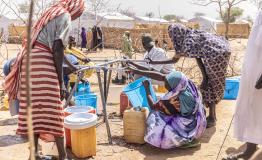
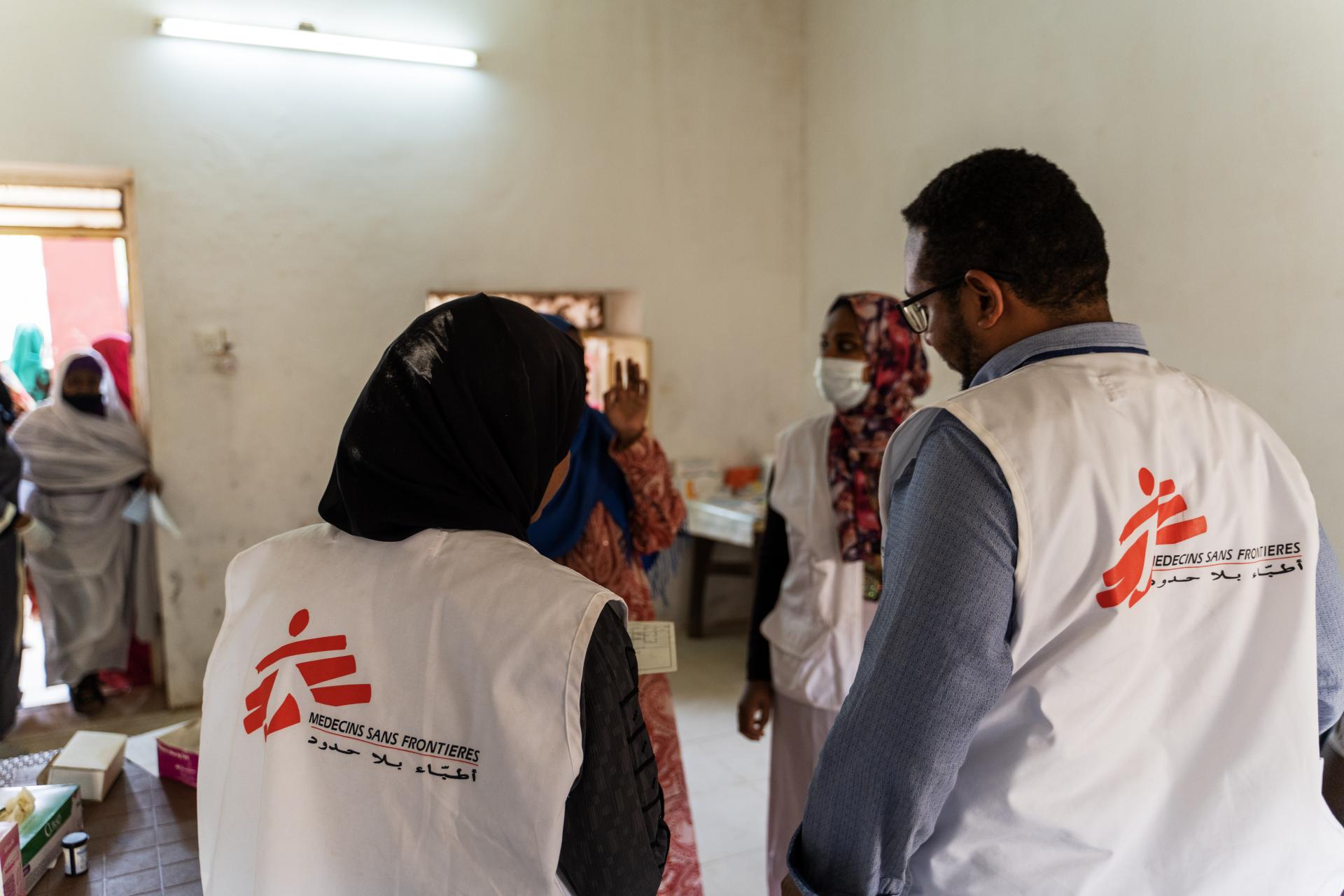
Sudan
The war in Sudan has had disastrous consequences for people’s health and wellbeing. Throughout 2024, Médecins Sans Frontières (MSF) delivered medical and humanitarian assistance across many of the country’s conflict-ravaged states.
The fighting between the Sudanese Armed Forces (SAF) and Rapid Support Forces (RSF) has caused the world’s largest displacement crisis, in which millions of people have been driven from their homes. Many have been subjected to ethnically motivated and sexual violence, and are facing malnutrition, as well as the loss of their homes and livelihoods. People’s suffering was compounded in the country’s eastern and central states by outbreaks of cholera, and spikes in malaria and dengue, fever during the year.
Our activities in 2024
Data and information for the 2024 International Activity Report

1,061,200
1,061,2
205,800
205,8
191,300
191,3
113,600
113,6

39,700
39,7
21,500
21,5
20,400
20,4
11,300
11,3

10,700
10,7
MSF in Sudan 2024
Map of the areas MSF worked in 2024


Conflict in Sudan
Article
23 May 2024
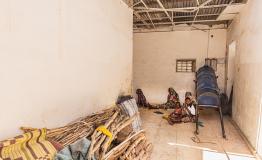
War and conflict
From bombs to desolate halls: displaced without aid in Zalingei, Sudan
Article
16 May 2024
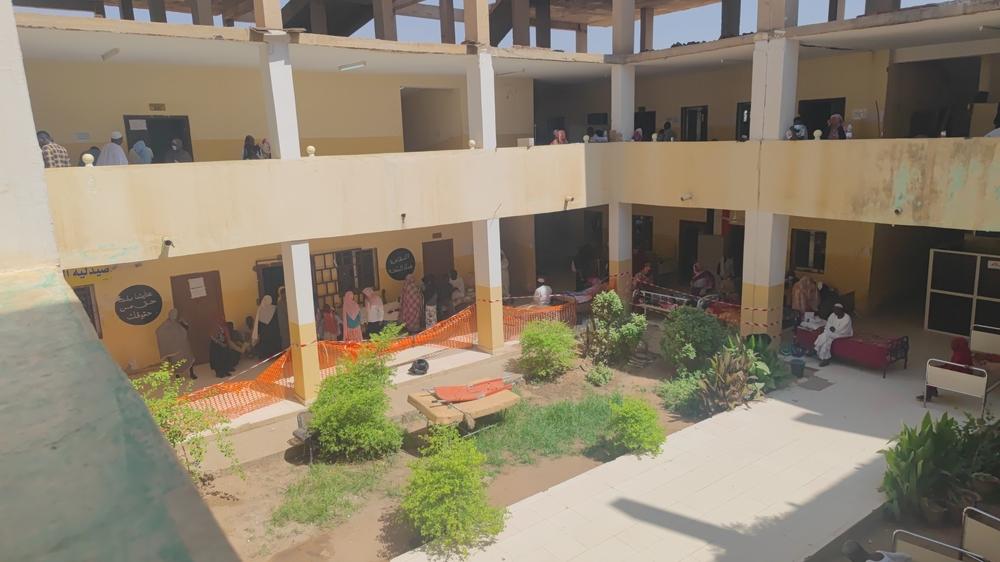
Conflict in Sudan
Testimony from Dr Prince Djuma Safari, Deputy Medical Coordinator for MSF in El Fasher
Project Update
15 May 2024
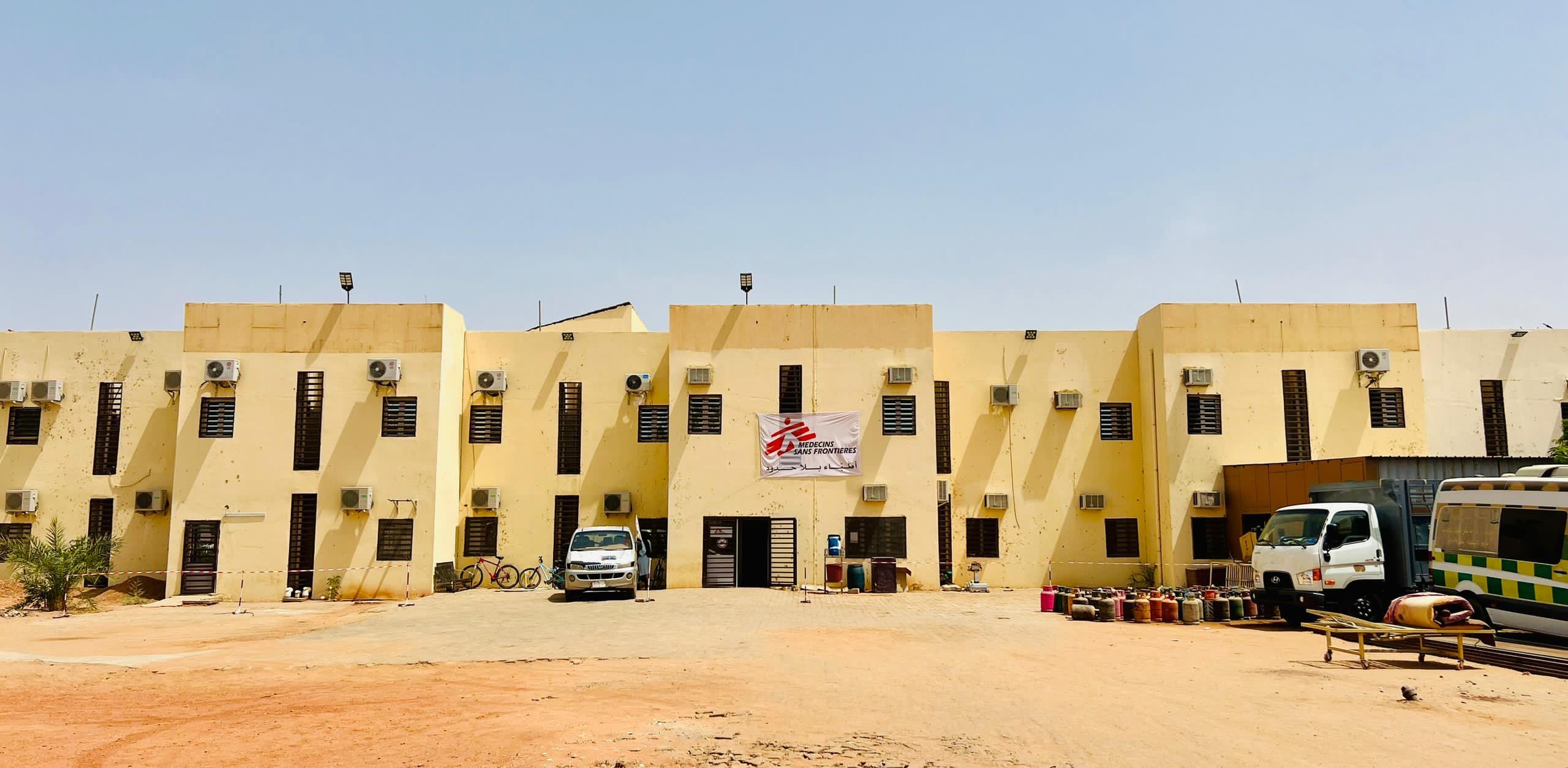
Conflict in Sudan
Sudan: Bomb puts El Fasher paediatric hospital out of action amid intense escalation in fighting: two children killed
Press Release
12 May 2024
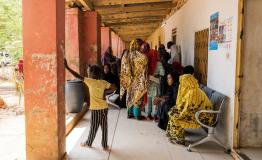
Conflict in Sudan
Sudan: MSF forced to suspend work at the only functional hospital in Wad Madani due to obstructions and harassment, leaving thousands without assistance
Press Release
9 May 2024
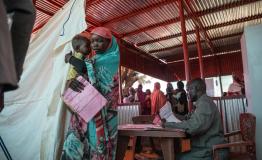
Conflict in Sudan
North Darfur, Sudan: As malnutrition crisis persists in Zamzam camp, MSF calls for an urgent scale-up of the humanitarian response
Press Release
30 Apr 2024